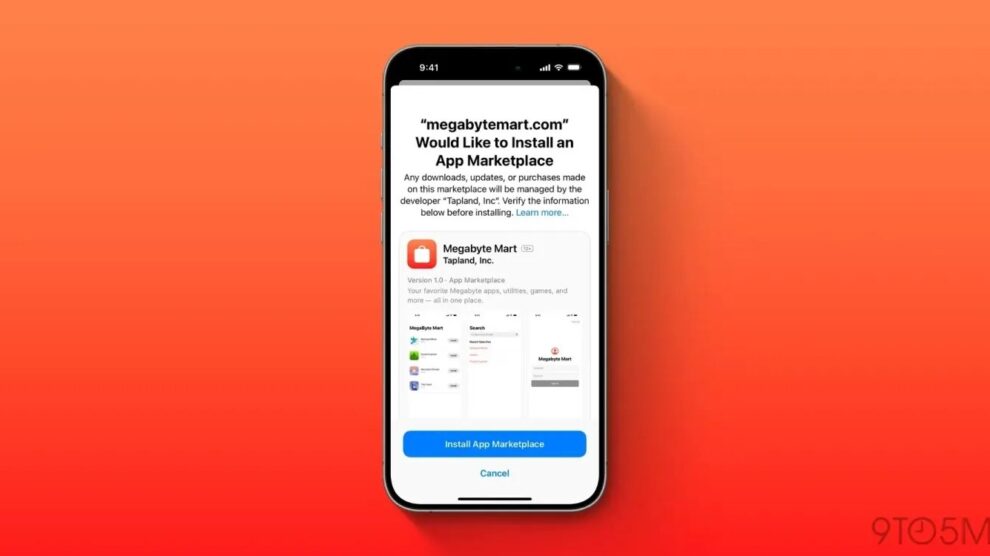Apple recently announced sweeping changes to App Store policies, seemingly aiming to address longstanding developer complaints and preempt further regulatory action. However, with EU investigations ongoing, do these concessions actually fulfill Apple’s legal obligations? Or might tighter controls still prove necessary?
App Store Policy Highlights
Notable revisions Apple publicized include:
- Allowing limited communications about alternative payment options outside apps
- Expanding app price tier options
- Adjusting its commissions structure for smaller developers
- Loosening restrictions around app reader apps
A Move to Appease Critics
These mark some of Apple’s most substantial App Store shifts since its 2008 launch. The timing suggests an urgent motivation to appease critics before additional regulators and lawmakers intervene more forcefully.
EU Antitrust Investigations Still Loom Large
However, Apple isn’t off the hook yet. The EU opened formal antitrust investigations into alleged App Store violations in 2020 which remain ongoing. Specifically, probes focus on policies around:
- App distribution restrictions
- In-app payment mechanisms
- Access to device hardware and services
The Threat of Heavy Fines
If violations emerge, Apple could face fines up to 10% of annual global sales. For a company of Apple’s enormity, that represents tremendous liability.
Do Policy Tweaks Actually Resolve Allegations?
This begs the question – do Apple’s newly announced changes substantively address those suspected violations at the core of EU antitrust investigations?
Restrictions Remain Pervasive
While apps now have marginally more pricing flexibility and communication freedom, Apple still mandate use of proprietary payment systems for collecting revenue. The company also bars most alternative app stores and retains tight control over device access permissions.
A Calculated Risk to Test EU Resolve
In essence, Apple hopes calculated policy tweaks combined with public fanfare will make the EU back off full-blown antitrust charges. But regulators likely recognize concessions as token gestures leaving the most damaging policies intact.
Critics argue relatively modest compliance steps simply don’t redeem over a decade of competitive harm from arbitrary App Store restrictions. We’ll soon find out if EU leaders agree.
The Saga Continues..
Apple’s latest announcement moves their chess piece, but the regulatory chess match continues. If the EU remains unsatisfied, Apple could be forced into further (and less voluntary) App Store changes pending conclusions of ongoing investigations.
How significantly do you believe Apple’s policy tweaks address suspected EU antitrust violations? Share your thoughts below!










Add Comment